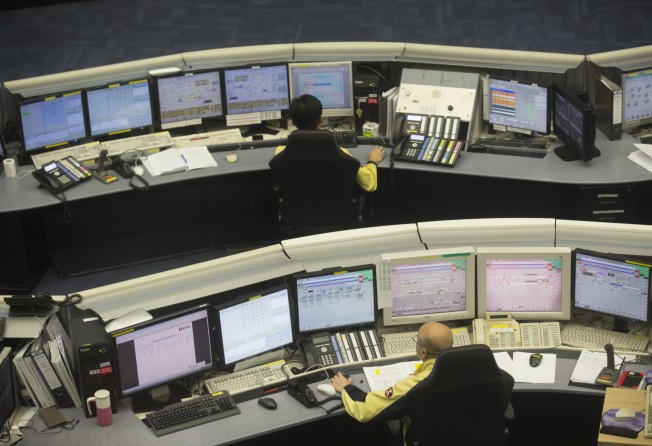MTR Corp suffers for the folly of overexpansion
Regina Ip says the MTR Corp is paying the price for an aggressive pursuit of profit through property development and other interests, to the detriment of its core transport business

For the ninth time in two years, on June 11, legislators sought statutory powers to investigate whether the MTR Corporation had covered up its delay in constructing the express rail link. Not surprisingly, the motion was defeated.
But the following day, MTR senior management and Secretary for Transport and Housing Anthony Cheung Bing-leung went public to apologise, again, for construction delays in two more of its five railway projects, namely the South Island and Kwun Tong line extensions.
It also admitted, as local papers had already reported, that two other railway projects under construction, the West Island line and phase one of the Sha Tin-Central link, might not meet their deadlines and would be more costly.
That means the MTR Corp would be unable to complete all five rail projects on its hands on time and within budget, as it had pledged and had been widely expected to do.
Were it not for the stunning recent attempts by protesters to breach the Legislative Council building, the MTR Corp's disclosures of further construction delays would have made it the target of more calls for a thorough investigation.
The question which should be asked is not which heads must roll but what went wrong.
The MTR Corp was founded in the 1970s when the colonial government, faced with mounting needs for a mass transport system, decided to set up a corporation to provide rail services.
The corporate model it adopted - hailed as clever for many years - fitted the colonial government's ideology in more ways than one. It meshed well with its "small government, big market" credo and kept public expenditure on infrastructure well under control, by giving the MTR Corp property development rights above its well-located stations. In fact, this model has worked so well that the corporation, listed since 2000, is one of the most profitable mass transport companies in the world, thanks to its property development portfolio.
Riding on the advantage of its railway development programme, the company became the only property developer with assured land development rights at the best locations when the government suspended land sales by auction, from 2002 to 2010.
Collaborating with major developers, it made HK$13.7 billion from property development along the Tseung Kwan O extension, 1.6 times above the estimated profits, financial analysts said. Analysts further estimated that, in the past five years, the MTR Corp's cumulative profits emanating from property sales amounted to over HK$17 billion, accounting for 20-30 per cent of its operating income.
The MTR Corp not only became successful in its property development and related estate management business, it also aggressively went after other sources of revenue such as the sale of personal data gleaned from its Octopus Card rewards scheme. Its high-flying reputation also led it to diversify into building the less-than-successful Ngong Ping 360 cable car, and provision of management consulting services to Beijing and other cities. In sum, instead of sticking to its core business of mass transport, it became the victim of its own success through overexpansion and over-diversification.
When then chief executive Donald Tsang Yam-kuen began his second term in 2007, running short of ideas for jump-starting the economy, he announced "10 mega infrastructural projects", five of which involved construction of railways, which fell right onto the MTR Corp's shoulders.
As for government supervision, continuing the long-standing practice of key officials supervising the commercial operations of public corporations as board directors, Cheung and his deputy Yau Shing-mu carried out the charade of supervision, although both were already struggling to cope with this administration's ambitious public housing programme and the introduction of special stamp duties to dampen property demand.
Any minister who has served on the board of a public or semi-public corporation would know that he or she has little opportunity, through monthly or bi-monthly meetings, to undertake actual, close operational supervision. It is simply crass political fiction to pretend that, in this day and age of unrelenting demands from Legco and the people, a principal official could hold down a heavy policy portfolio while successfully supervising the management of a commercial behemoth like the MTR Corp.
Add to that the inherent contradiction that, since 2000, the company's chairman and senior management have taken on the dual responsibility of answering to its public stakeholders - the mass commuters - while protecting shareholders' interests.
Thus, clearly, it was the hubris of overexpansion, coupled with its schizophrenic character as a public transport company as well as a publicly listed company, which landed the MTR Corp in its current mess.
Calls have been made to return the company to its core business of public transport and lighten its property development portfolio. Perhaps light at the end of the tunnel won't be seen until the government has seized back control - by "nationalisation".
Regina Ip Lau Suk-yee is a legislator and chair of the New People's Party